Premium Fake Grass Basketball Court – Durable, Safe & All-Weather Use
Jul . 26, 2025 08:01 Back to list
As global sporting trends embrace enhanced durability, performance safety, and sustainability, fake grass basketball court surfaces have risen as the preferred choice for athletes and institutions worldwide. Beyond their unprecedented flexibility and vivid aesthetic, artificial turfs now set the gold standard for fake grass for mini golf and futsal artificial turf applications. This article delves into cutting-edge product developments, technical benchmarks, and industry-leading expertise shaping the artificial sports grass landscape.
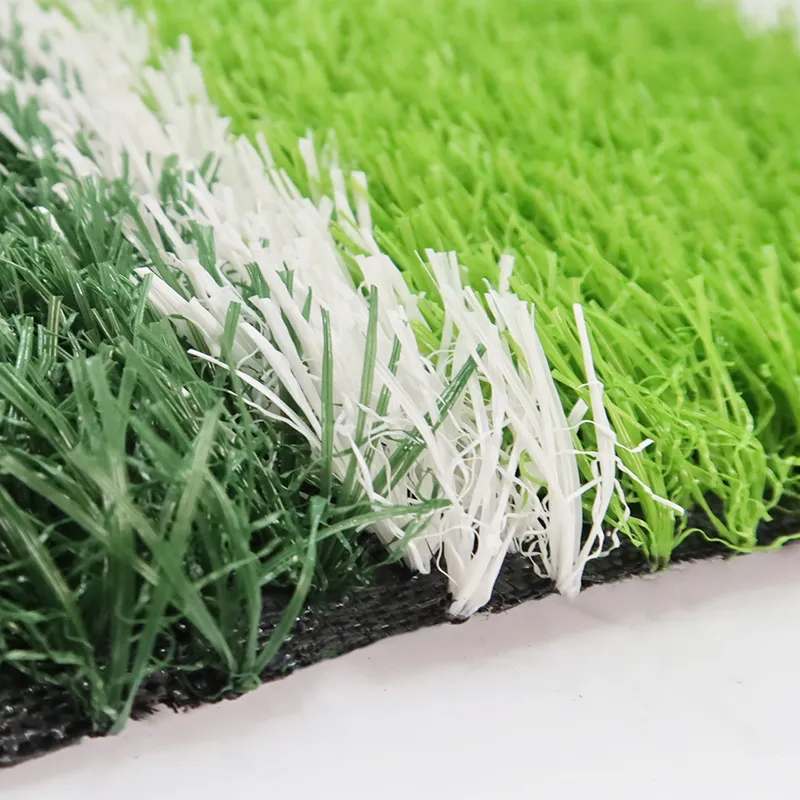
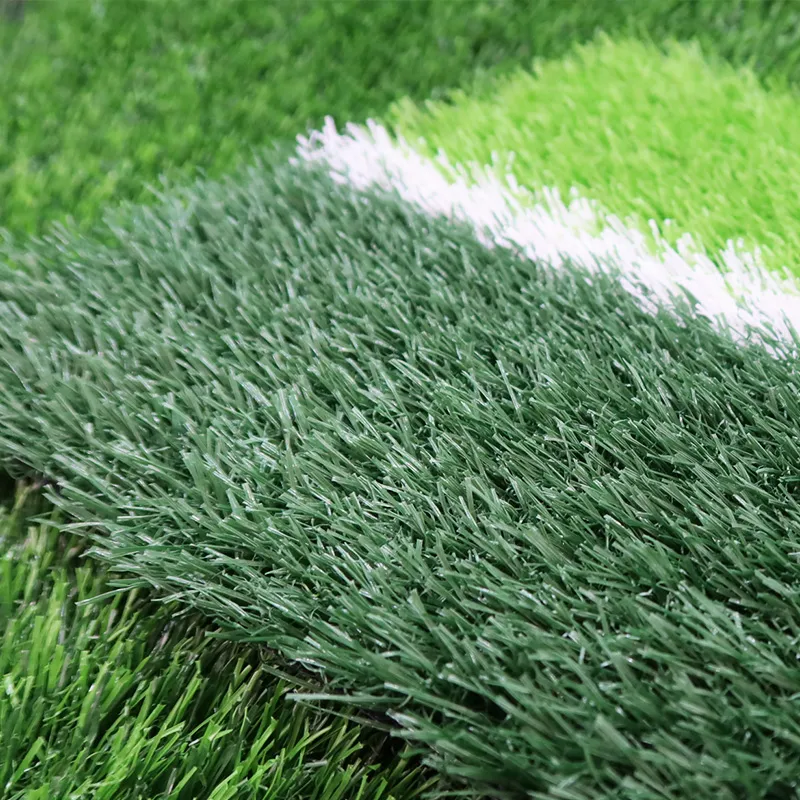
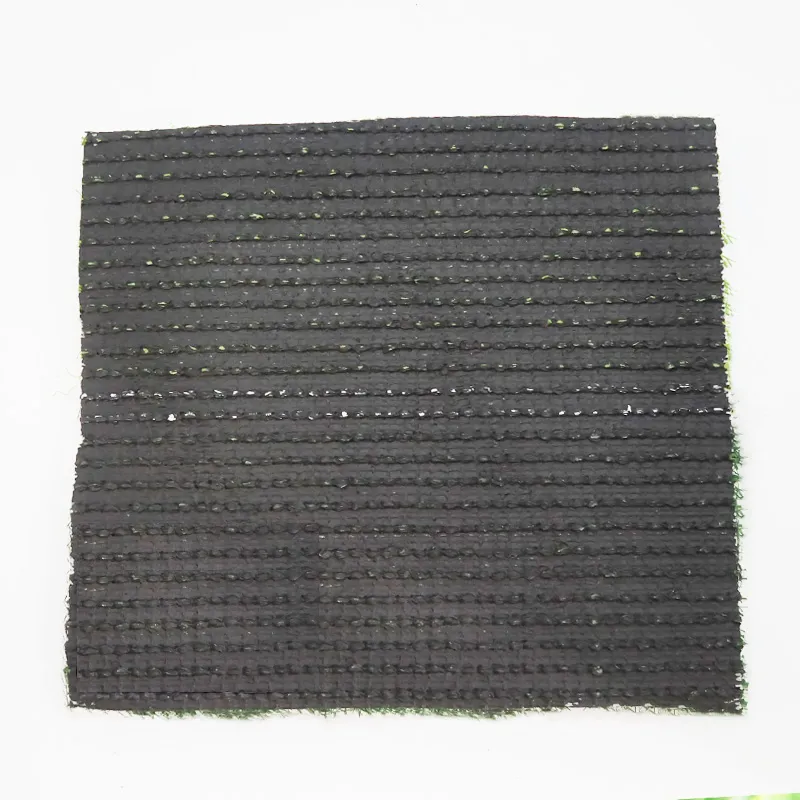
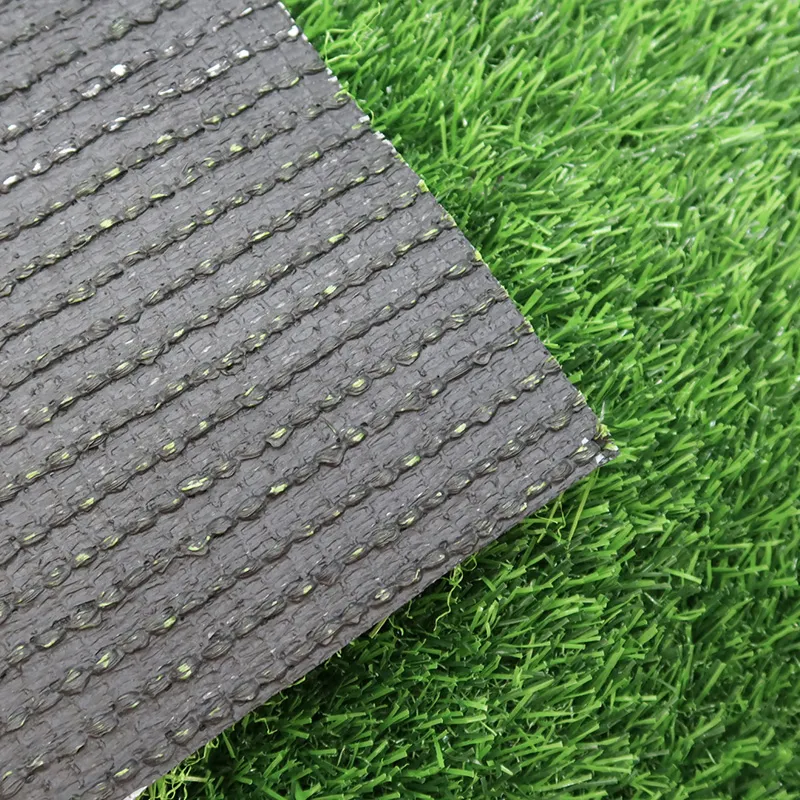
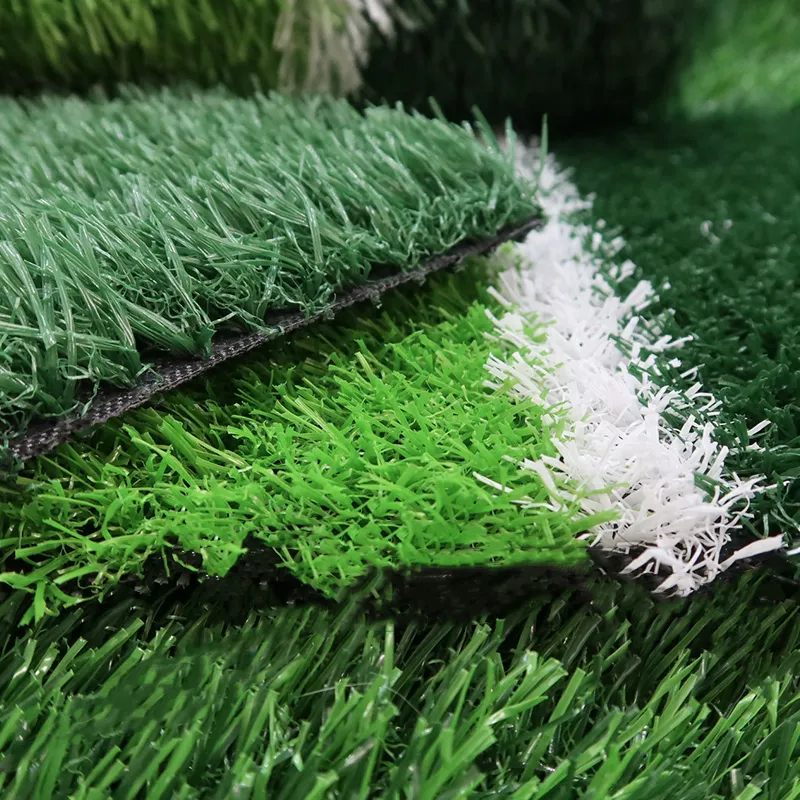
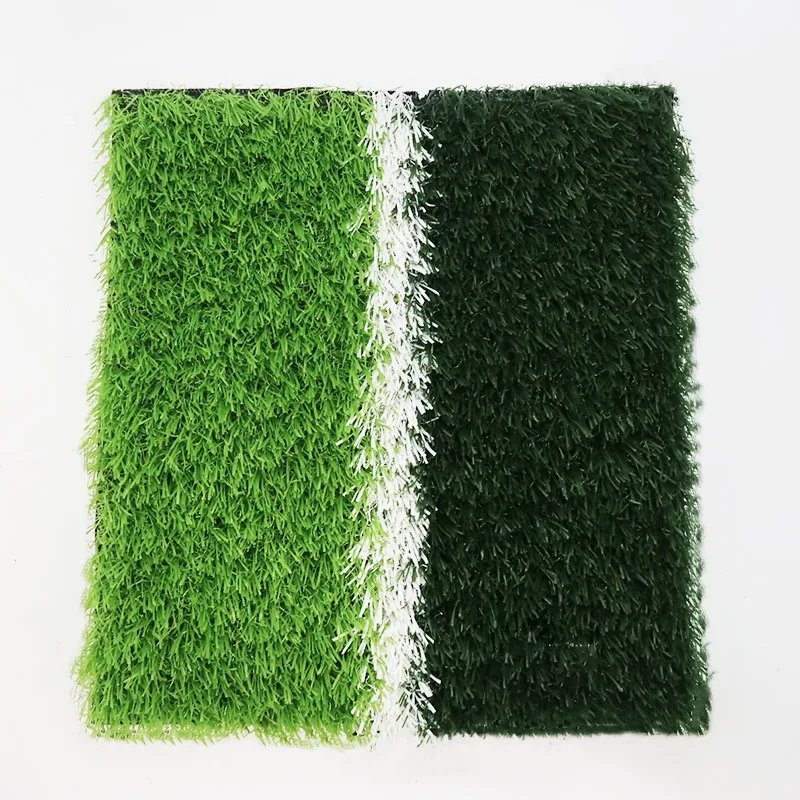
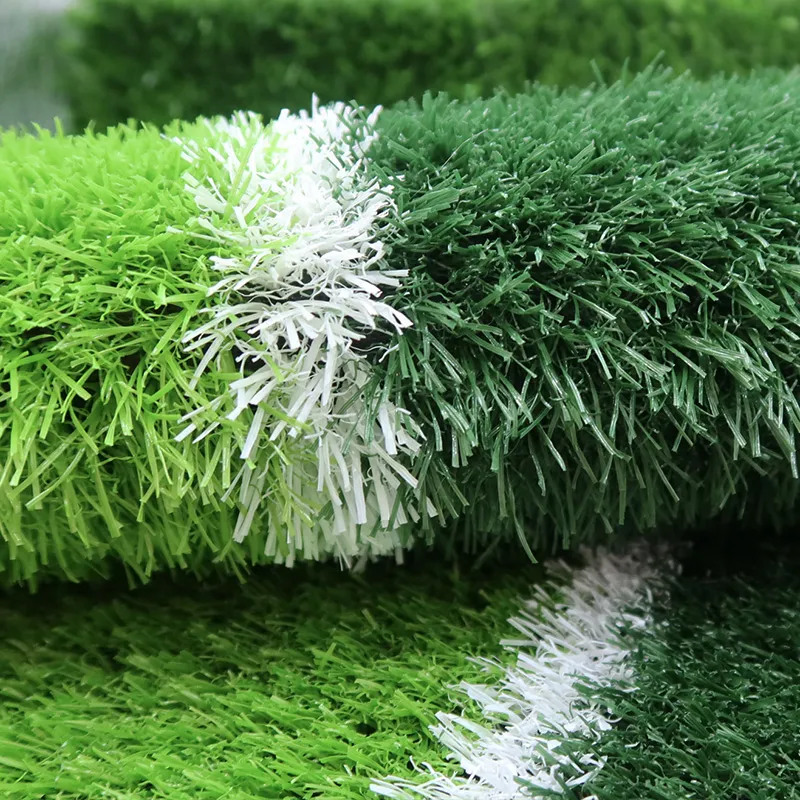
About HEBEI XIONGAN HENGYUN TECHNOLOGY CO., LTD
Tel: +86 19801805999 Email: info@hoyarn.cn Mobile: +86 19801805999
Address: ROOM 209, BUILDING S6, 001 BAOJING ROAD NORTH, XIONGXIAN, BAODING, HEBEI
Product Highlight: Artificial Grass for Professional Sports Fields
- Product Name: Artificial Grass for Professional Sports Fields
- Overview: Sport artificial grass features high-performance synthetic fibers engineered for a realistic, resilient, and safe playing surface. It combines unparalleled durability and a natural underfoot feel, delivering top-tier usability for all sporting disciplines.
- Advantages: Weather resistance, low maintenance, optimal ball rebound, anti-UV, fire-retardant, and slip-resistance for year-round reliable usage.
- Application Scenarios: fake grass basketball court (see product details), fake grass for mini golf, futsal artificial turf, school gyms, multi-purpose stadiums, residential and community sports areas.
Industry Trends: Artificial Turf in Sporting Arenas
The adoption of **artificial grass surfaces** continues to accelerate worldwide, with the fake grass basketball court becoming iconic in urban sports parks and indoor gyms. Futsal artificial turf solutions enable all-weather play, while fake grass for mini golf provides optimized putting experiences and vivid aesthetics. According to industry research, artificial turf installation is expected to achieve double-digit growth through 2027 , driven by advances in fiber softness, infill technology, and improved drainage systems.
Technical Parameter Overview - fake grass basketball court
| Parameter | Typical Value | Description | Industry Standard |
|---|---|---|---|
| Fiber Height (mm) | 15–30 | Determines pile resilience and performance | FIBA; FIFA |
| Yarn Material | PE, PP, Nylon | Polyethylene, Polypropylene, or advanced blends | Reach, SGS |
| Yarn Dtex | 8000–13500 | Denier measuring linear density and strength | EN 15330-1 |
| Stitch Rate (m) | 160–220 | Stitches per meter for durability and look | EN 15330-1 |
| Backing | PP double-layer + SBR latex | Ensures dimensional stability | ISO 9001 |
| Infill Type | Silica sand, rubber granules | Shock absorption & energy return | Custom industry |
| UV Protection | > 3,000 h | Ensures long-lasting color | UVA/UVB Certified |
Technical Indicator Comparison – Artificial Grass for Professional Sports Fields
Core Technologies & Innovative Features
- Advanced Yarn Engineering: Monofilament & fibrillated combinations enhance strength and natural bounce (see Journal of Applied Polymer Science).
- Eco-backings: PP double-layer ensures stability while facilitating rapid drainage and eco-friendliness.
- Anti-bacterial & UV Resistance: For safe, hygienic, and vibrant presentations even under extreme weather.
- Ball Rebound Compliance: Meets FIBA and FIFA ball response standards for multisport utility.
- Installation Flexibility: Custom field marking, line embedding, and rapid modular installation available.
Application Scenarios
- Fake grass basketball court in indoor gyms and outdoor community centers
- Fake grass for mini golf with custom landscape design
- Futsal artificial turf for schools, athletic clubs, and urban fitness parks
- Tennis, cricket, rugby, multifunctional sports areas, and playgrounds
- Private gardens and rooftop recreational facilities
- Stadium renovations and maintenance-free municipal sports upgrades
Expert FAQ: Deep Dive Into Artificial Sports Grass Technology
- Q1: What yarn materials are used in fake grass basketball court design?
- A: High-performance Polyethylene (PE), Polypropylene (PP), and advanced Nylon deliver resilience, softness, and realistic aesthetics—ensuring optimal comfort and durability for diverse play styles.
- Q2: What specifications are critical for installing a fake grass basketball court?
- A: Key parameters include pile height (recommended 15–30mm), yarn dtex (typically 8,000–13,500), stitch density, quality backing (PP/SBR or Polyurethane), and anti-slip surface compliance with FIBA/FIFA standards.
- Q3: How does fake grass for mini golf differ from sports field turf?
- A: Mini golf turf emphasizes outstanding roll uniformity, short pile heights (10-18mm), denser stitch rates, and vibrant color choices for optimal putting performance and landscaping visuals.
- Q4: What is the standard installation procedure for fake grass basketball court?
- A: Steps include: surface cleaning & leveling, geotextile membrane, turf roll positioning, adhesive bonding or joining tape, seam sealing, infill spreading (silica sand/rubber), and final brushing. Compliant with EN 15330 standards.
- Q5: How does futsal artificial turf ensure player safety and performance?
- A: Tailored shock absorption, certified ball bounce, slip-resistance, and anti-bacterial treatments ensure low injury rates and top-tier performance in both competitive and recreational environments.
- Q6: How long does Artificial Grass for Professional Sports Fields last before replacement?
- A: With proper maintenance, premium artificial sports grass lasts over 8–12 years. UV-resistant compounds and physical robustness delay color fading, flattening, or fiber breakdown.
- Q7: How are technical quality and environmental standards verified?
- A: Products map to REACH, SGS, RoHS, ISO 9001/14001, and meet current turf performance benchmarks regulated by EN 15330-1 and national sports bodies worldwide.
EEAT Optimization: Authoritative References and Industry Certification
- Cited by Sports Field Management Association for adherence to maintenance and performance standards.
- ScienceDirect Journal of Applied Polymer Science presents research on advanced yarn structures and polymer innovations in artificial turf fibers.
- Referenced technical standards: FIBA Court Construction Guidelines & FIFA Quality Programme.
- Industry discussion and trends: turfgrass.com forums on synthetic sports turf adoption.
-
Durable, Eco-Friendly Turf for Balcony | Enhance Your Urban Space
NewsNov.24,2025
-
Turf Between Pavers: Sustainable Green Paving Solutions for Modern Urban Spaces
NewsNov.24,2025
-
Discover the Benefits of Turf and Pavers Backyard | Sustainable Outdoor Design
NewsNov.24,2025
-
Top Quality Artificial Grass – Sustainable, Durable, and Stylish Turf Solutions
NewsNov.24,2025
-
Durable and Eco-Friendly Thick Artificial Grass Solutions | Hoya Grass
NewsNov.24,2025
-
Synthetic Turf: Sustainable Green Solutions for Sports, Industry & Urban Living
NewsNov.24,2025
Products categories










